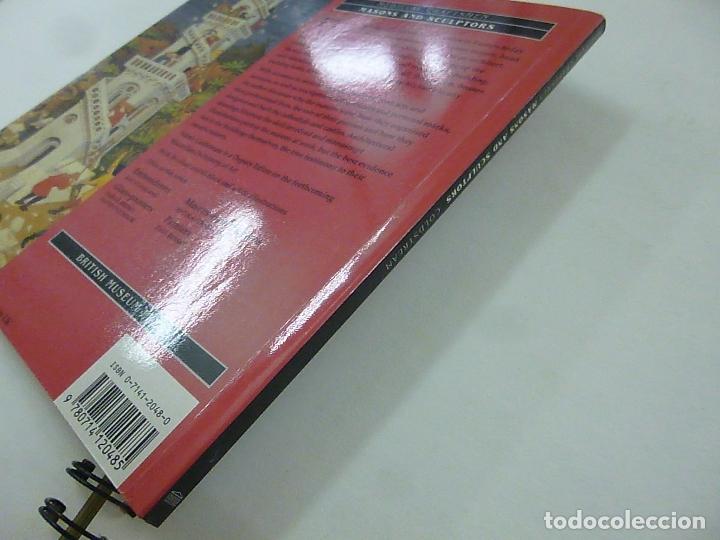
It considers how and why, after four centuries of shaping the landscapes and urban patterns of Europe, medieval styles were superseded by classicism.These volumes propose a renewed way of framing the debate around the history of medieval art and architecture to highlight the multiple roles played by women. Read more spiritual concerns of the people who built and used them.

It treats the subject thematically, seeking what all buildings, both religious and secular, have in common, and how they reflect the material and. It shifts the emphasis away from such areas as France towards the creativity of other regions, including central Europe and Spain.

This book looks at their architecture from an entirely fresh perspective. A great variety of buildings - synagogues, halls, and barns - testifies to the diverse communities and interests in western Europe in the centuries between 11. Medieval architecture comprises more than the traditional image of Gothic cathedrals and the castles of chivalry. Category: (G) General (US: Trade) (P) Professional & Vocational (UP) Postgraduate, Research & Scholarly (UU) Undergraduate. BIC Classification: 1D 3H ACK AM HBJD HBLC. Num Pages: 240 pages, numerous colour anfd halftones. It also offers completely new information on architecture in Spain and central Europe. It looks at construction methods, patronage, and function, as well as the symbolic meanings represented in the architecture. A unique study of medieval architecture, which treats the subject thematically.


History of art: ancient & classical art,BCE to c 500 CE.


 0 kommentar(er)
0 kommentar(er)
